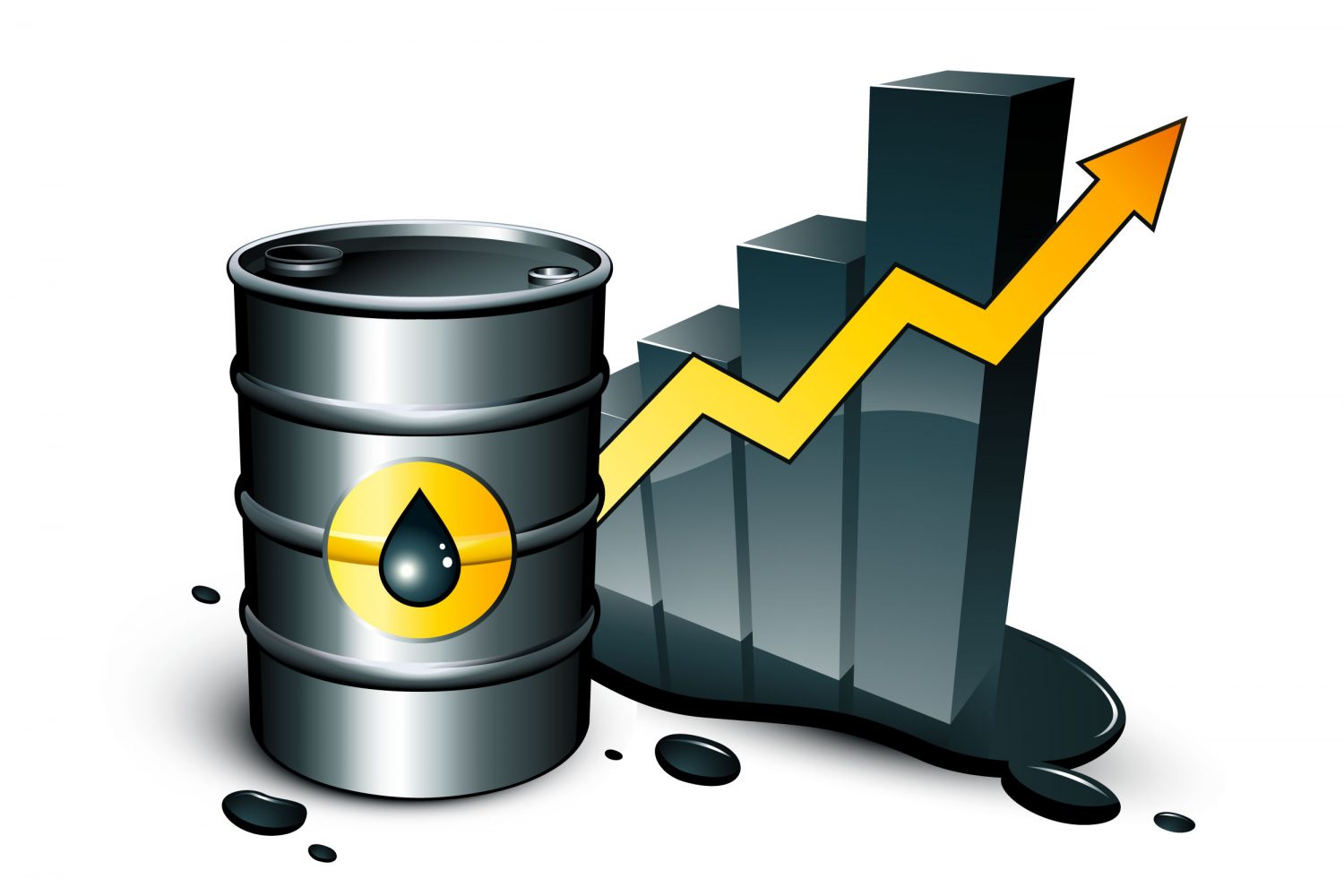« Depuis plusieurs semaines, les prix pétroliers ne cessent d’augmenter à pas rapides si bien que d’aucuns anticipent une éventuelle reprise nette de l’inflation vers la fin de l’année en cours.
Voilà pourquoi j’aimerais poser les questions suivantes à Monsieur le Ministre de l’Économie :
- Monsieur le Ministre peut-il dresser l’évolution des prix pétroliers par catégorie de carburant depuis janvier 2020 ?
- Quelles sont les raisons ou facteurs les plus divers qui déterminent cette évolution depuis la fin de l’année dernière ?
- Monsieur le Ministre est-il d’avis que cette évolution ne risque de favoriser des pressions inflationnistes étant donné que d’autres ressources naturelles, dont certains métaux, sont également en train de se renchérir sensiblement ?
- Quel en pourrait être l’impact sur l’évolution de l’index ? Une nouvelle tranche indiciaire serait-elle déjà attendue pour cette année ? »
Answer
With the outbreak of the Corona crisis, oil prices had dramatically fallen. On April 24, 2020, a liter of Super 98 cost less than 1 euro – a price last recorded in 2009. Since the beginning of 2021 however, oil prices have continuously risen.
According to the ministers in charge, the increase in prices was particularly due to the higher demand for crude oil in the context of the global economic recovery.
Unlike petroleum, price trends of other commodities would only indirectly affect consumers. According to STATEC forecasts, the next wage indexation would be due in 2022 at the earliest.






